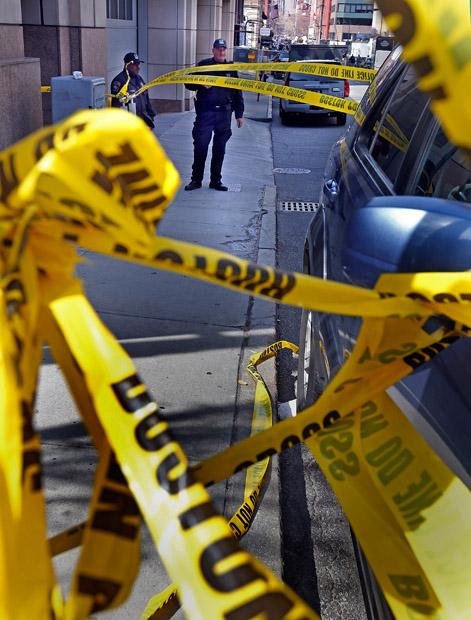
Terror. Fear. Panic. Hysteria. Deception. Imprudent behavior. Wrongful information.
When any catastrophic event occurs, most people will automatically turn to their most referred to media outlet so they can get informed and updated from the distance. Indeed, this is one of the major principles of news; to enlighten people with information that is not as easily accessible to the public. It functions for the public good and this is the primary reason why ‘Freedom of the press’ is upheld stalwartly in the First Amendment. More importantly, there are several journalistic codes of ethics that any journalist must adhere to such as truthfulness, accuracy and public accountability. These principles serve as a strong reminder for journalists of what the news truly represents, but sadly these ethics are constantly broken when breaking news such as the Boston Marathon occurs.
This is primarily because the chase of the story tends to eclipse the imperative codes of ethics. Winning the number one reporting spot should never be the primary goal for a journalist, but rather working for the public good and society as a whole. This goal inevitably means embracing responsibility not only as a reporter, but also as a fellow human being.
Only minutes after the Boston Marathon accident, the media outlets disseminated speculations without verifying any information. The New York Post wrongfully reported that 12 people died, the word terrorism and terror was repeatedly used in headlines; several news outlets reported that a Saudi Arabian man was in custody, and The Wall Street Journal said there were five more unexploded devices around the Boston area. All of the aforementioned information turned out to be inaccurate. If the public turns to the media for accurate, unbiased information, then what purpose do news serve if people cannot trust the information they receive? More importantly, hysteria and fear fails to accurately inform people. In contrast, they misguide behavior and mindsets develop due to emotional rather than rational reactions.
Undoubtedly, technology has changed the concept of newsworthiness and timeliness, but we cannot allow our overzealousness to become self-destructive for the journalistic work or society as a whole. We have to remember that the news stories we spread with the world often times involve the lives of other people; either directly or indirectly. And while we are journalists, we are first and foremost fellow human beings with a responsibility to be conscious and considerate to what others are going through.





